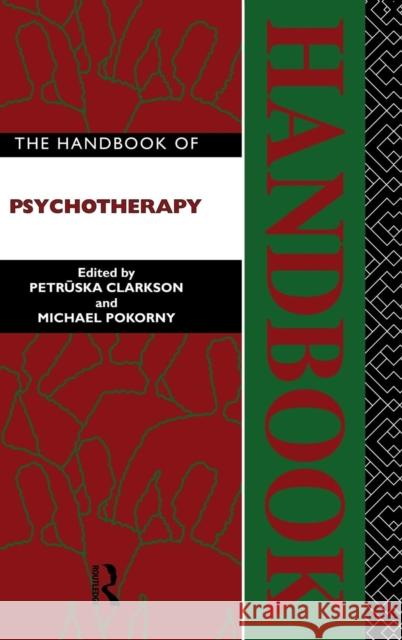The Handbook of Psychotherapy » książka
topmenu
The Handbook of Psychotherapy
ISBN-13: 9781138834064 / Angielski / Twarda / 2014 / 568 str.
The Handbook of Psychotherapy
ISBN-13: 9781138834064 / Angielski / Twarda / 2014 / 568 str.
cena 585,33
(netto: 557,46 VAT: 5%)
Najniższa cena z 30 dni: 532,17
(netto: 557,46 VAT: 5%)
Najniższa cena z 30 dni: 532,17
Termin realizacji zamówienia:
ok. 16-18 dni roboczych.
ok. 16-18 dni roboczych.
Darmowa dostawa!
First published in 1994. Routledge is an imprint of Taylor & Francis, an informa company.











